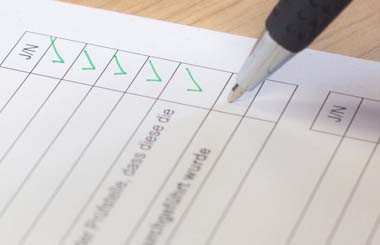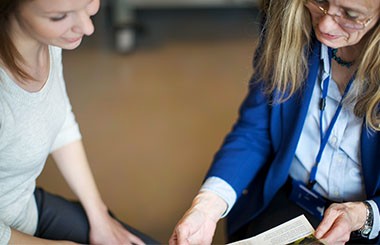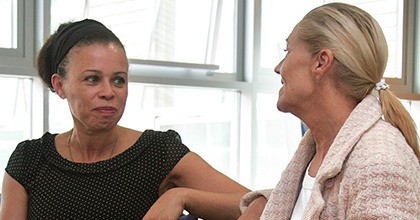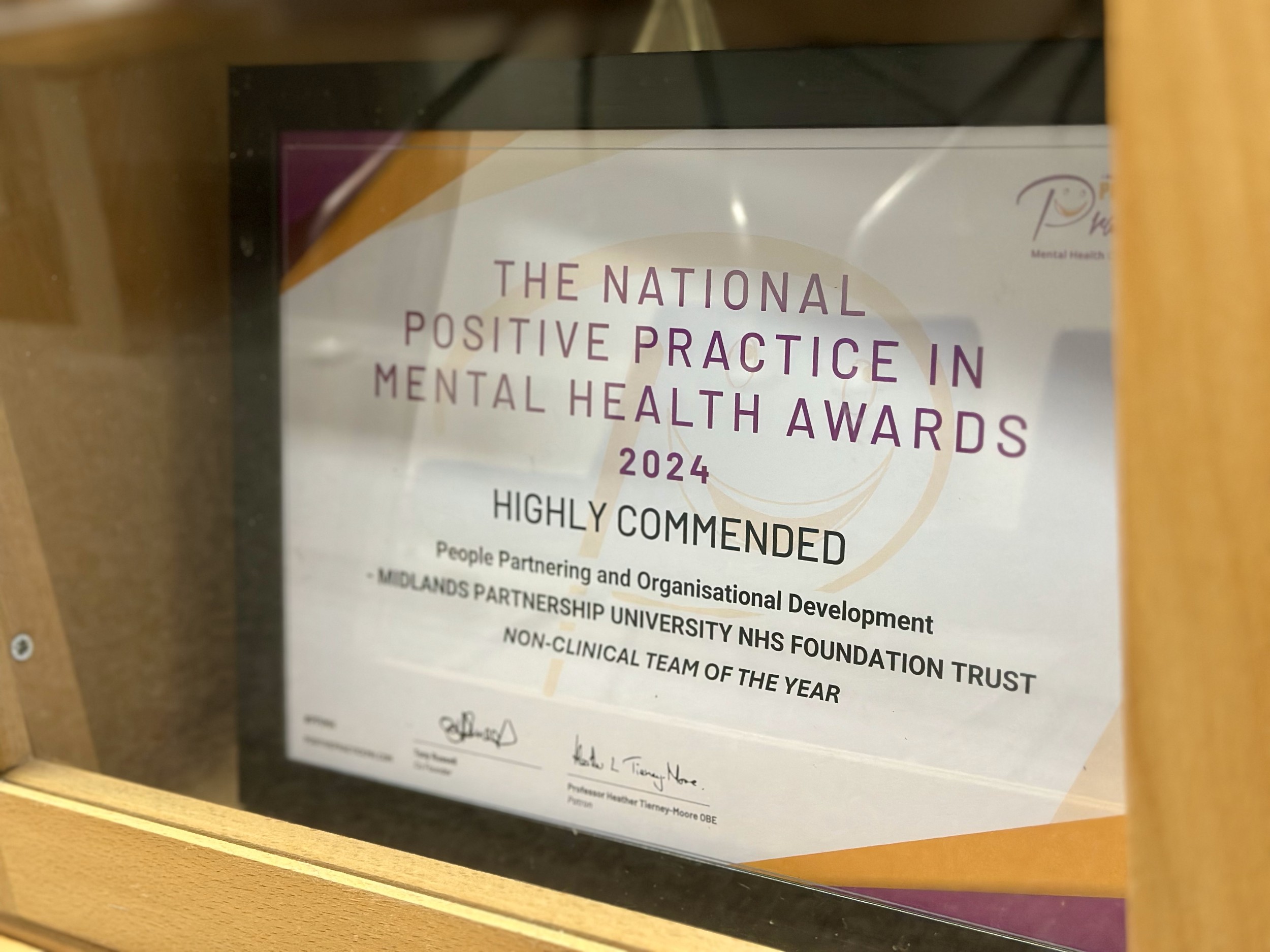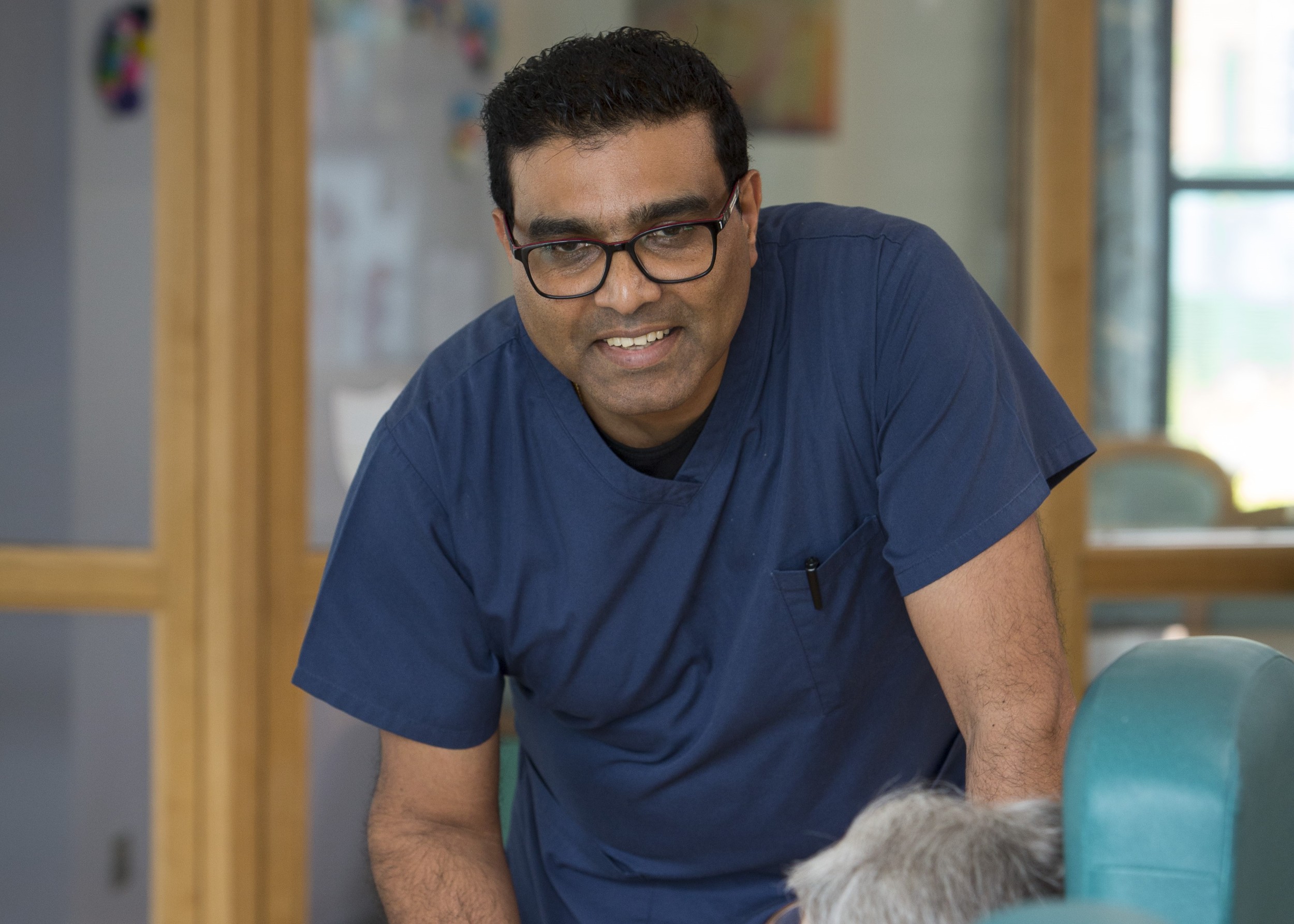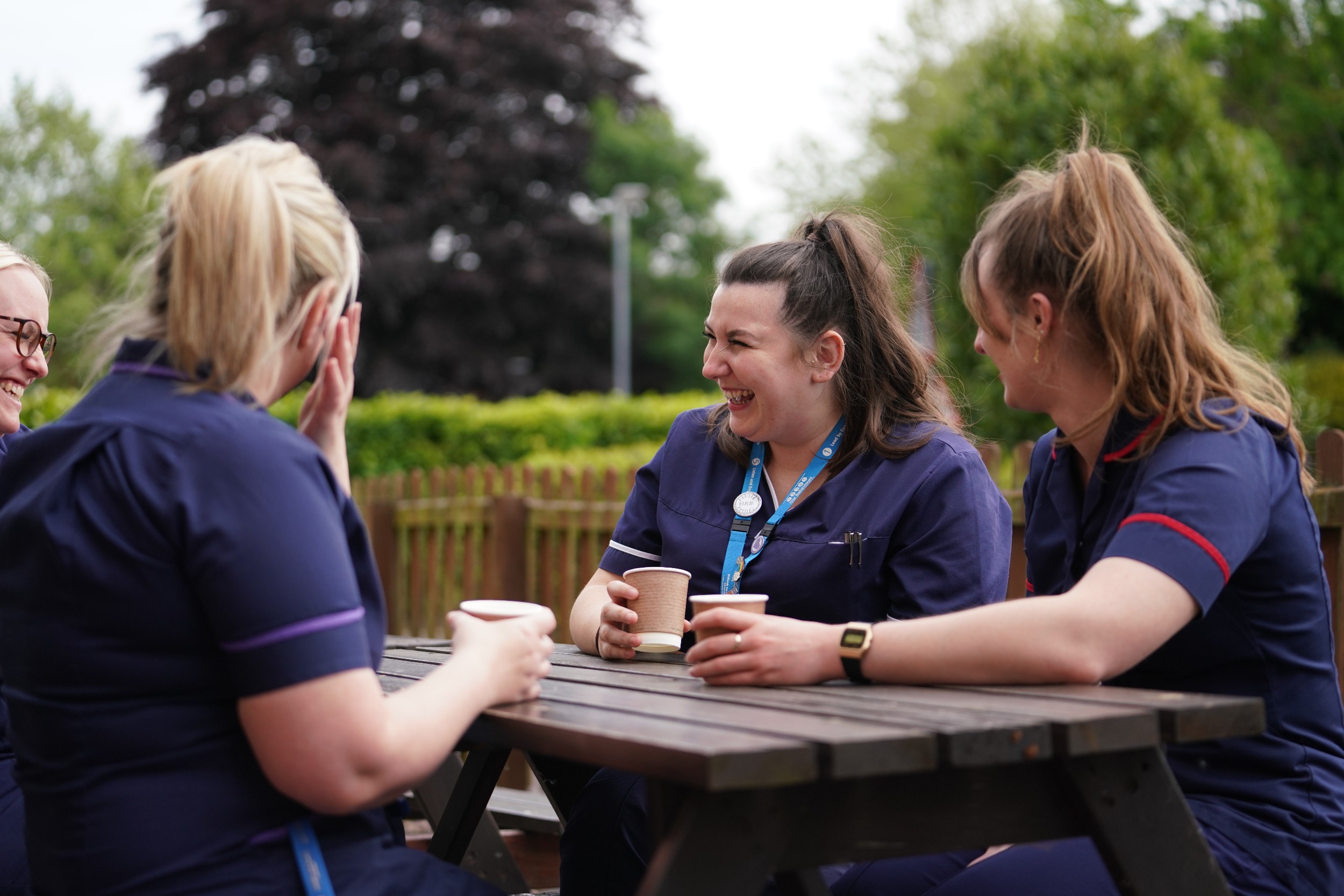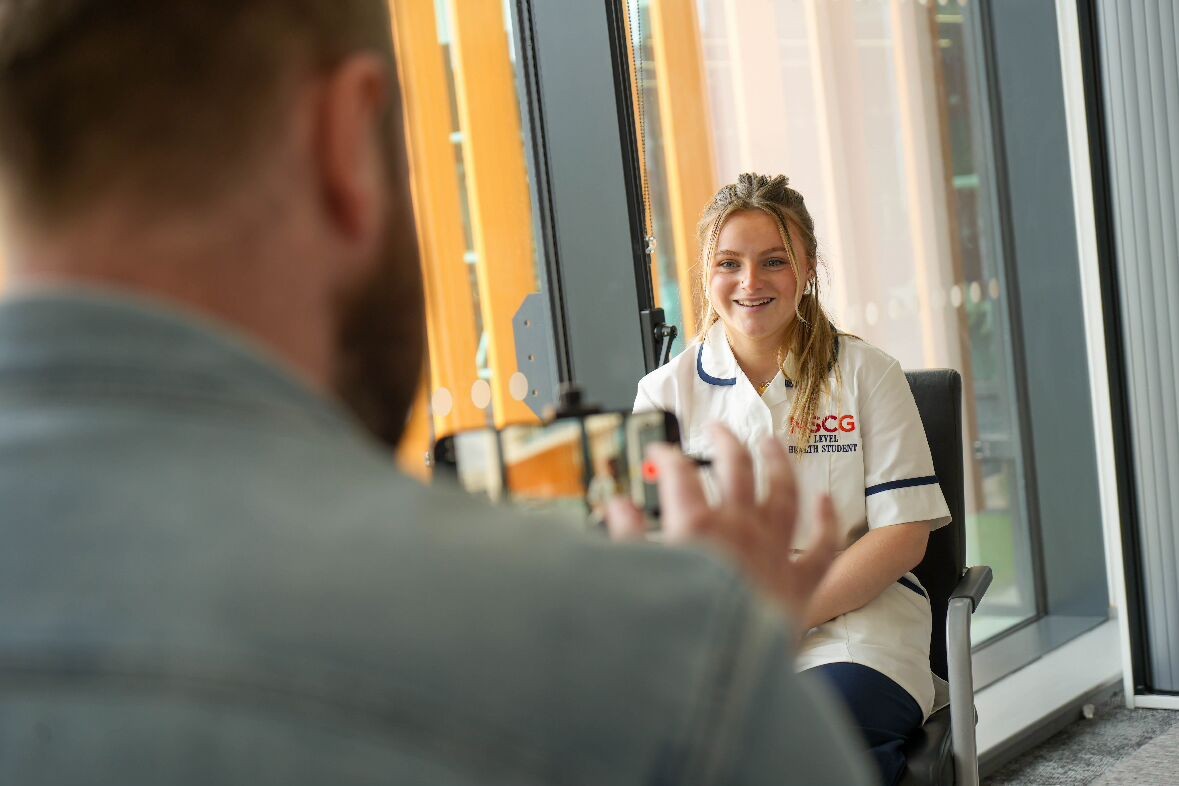Research is a central and essential part of what we do within the NHS. The pursuit of the best evidence-based practices and treatments for our patients, service users, carers, and staff, sits at the heart of what we do as a Trust. It also fully aligns with the Trust values of People, Empowerment and Partnership.
Research is one of our strategic quality objectives: “We will engage in a comprehensive programme of research to enable practice to be built on the best available evidence”.
The Research and Innovation (R&I) Department, led by Ruth Lambley-Burke, oversees research projects, promotes, and encourages a research culture within the Trust.
More detailed information on all the research services we provide to the Trust can be found on this website.


